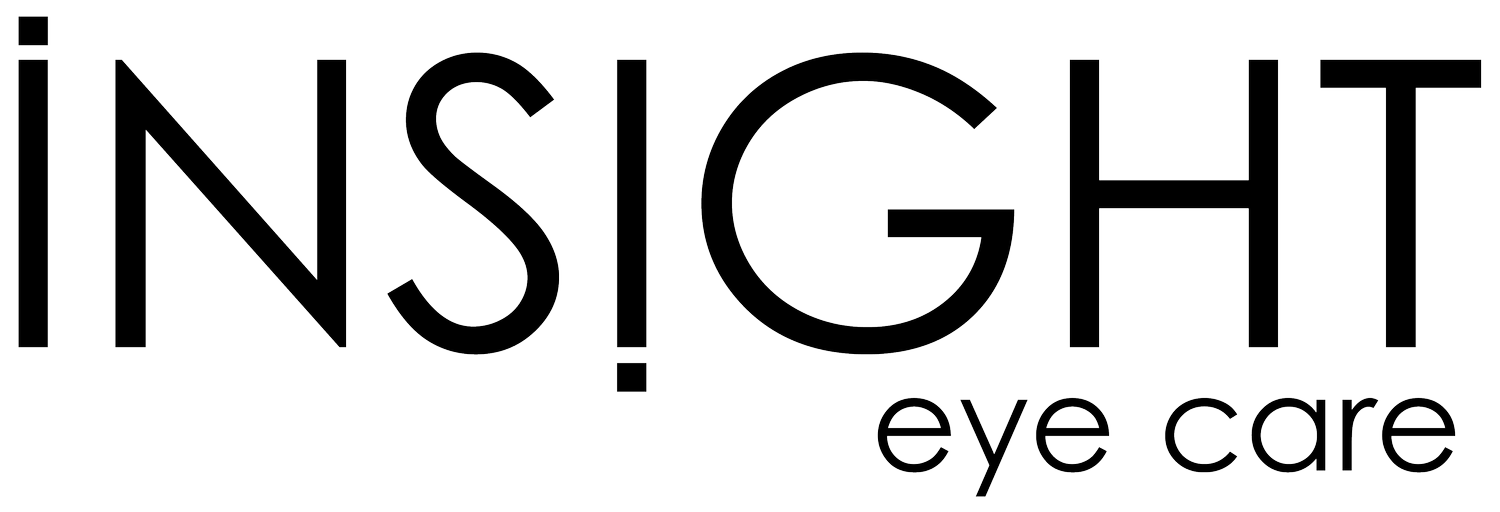Outdoor Time and Myopia
Dr. Tiffany Sieunarine, H.B.Sc., O.D.
Why is outdoor time important in helping to prevent or prolong the onset of Myopia in my child’s eyes?
There are many factors to consider when determining a child’s risk of developing myopia (nearsightedness). It has long been understood that age and genetics are strongly associated with myopia onset. For example, a child with two myopic parents is nearly two times more at risk of developing myopia compared to a child with only one myopic parent.¹ Unfortunately, these types of associations cannot be changed. More recently however, researchers have looked at modifiable risk factors such as environmental associations, and have discovered the benefits of increased time spent outdoors with preventing or prolonging the onset of myopia.
How does outdoor time help?
Researchers have hypothesised various reasons as to why time spent outdoors is beneficial. Most notably, they believe that exposure to outdoor light stimulates the release of dopamine in the retina.² This stimulation is responsible for slowing down the growth of the eyeball (also known as the axial length) and helps to reduce myopia.
How much time should my child spend outdoors?
A group of studies concluded that 76 minutes more per day of time outdoors compared to a control group was needed to achieve 50% reduction in incident myopia.³ As a result of these studies, the general recommendation is to spend at least 90 minutes of time outdoors, daily, to help reduce the onset of myopia. The added time outdoors will also have benefits beyond just ocular health including both physical and mental well-being.
Should my child stop wearing their sunglasses outdoors to maximise their sunlight exposure?
The benefits of exposure to outdoor light for preventing or prolonging the onset of myopia are still preserved even with the use of sunglasses.⁴ It is therefore recommended that children still wear sunglasses to protect their eyes from harmful ultraviolet sun rays while outdoors.
What is next?
If you have any questions about myopia management or would like to book a consultation with one of our optometrists, please click here.
-
1. Mutti, D.O., et al., Parental myopia, near work, school achievement, and children’s refractive error. Invest Ophthalmol Vis Sci, 2002. 43(12): p. 3633-40.
2. French, A.N., et al., Time outdoors and the prevention of myopia. Exp Eye Res, 2013. 114: p. 58-68.
3. Xiong S, Sankaridurg P, Naduvilath T, Zang J, Zou H, Zhu J, Lv M, He X, Xu X. Time spent in outdoor activities in relation to myopia prevention and control: a meta-analysis and systematic review. Acta Ophthalmol. 2017 Sep;95(6):551-566.
4. https://opto.ca/eye-health-library/playing-outdoors-can-help-maintain-childrens-eyesight
-




